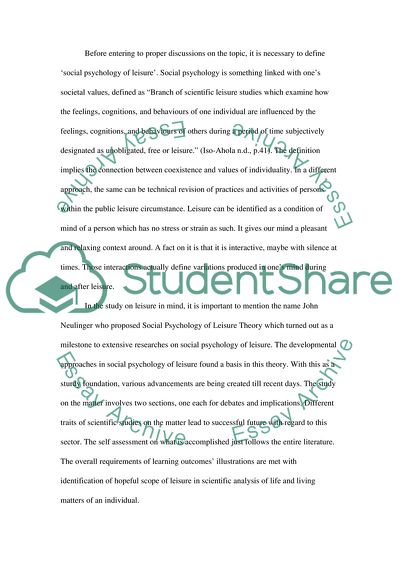Cite this document
(The Link of Leisure with an Individuals Mind and Social Psychology Research Paper, n.d.)
The Link of Leisure with an Individuals Mind and Social Psychology Research Paper. Retrieved from https://studentshare.org/psychology/1732094-leisure-in-mind-assignment-1
The Link of Leisure with an Individuals Mind and Social Psychology Research Paper. Retrieved from https://studentshare.org/psychology/1732094-leisure-in-mind-assignment-1
(The Link of Leisure With an Individuals Mind and Social Psychology Research Paper)
The Link of Leisure With an Individuals Mind and Social Psychology Research Paper. https://studentshare.org/psychology/1732094-leisure-in-mind-assignment-1.
The Link of Leisure With an Individuals Mind and Social Psychology Research Paper. https://studentshare.org/psychology/1732094-leisure-in-mind-assignment-1.
“The Link of Leisure With an Individuals Mind and Social Psychology Research Paper”, n.d. https://studentshare.org/psychology/1732094-leisure-in-mind-assignment-1.


